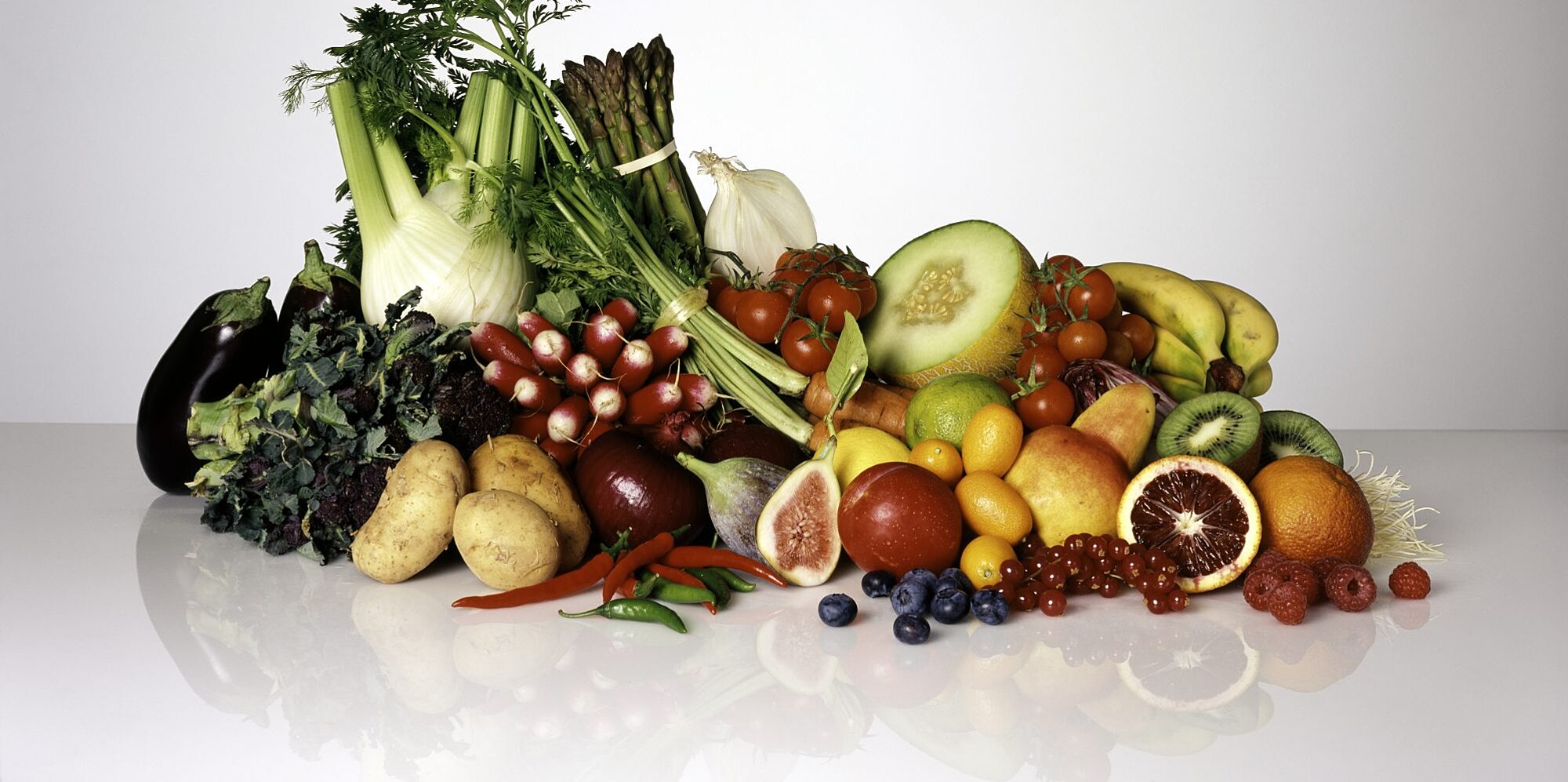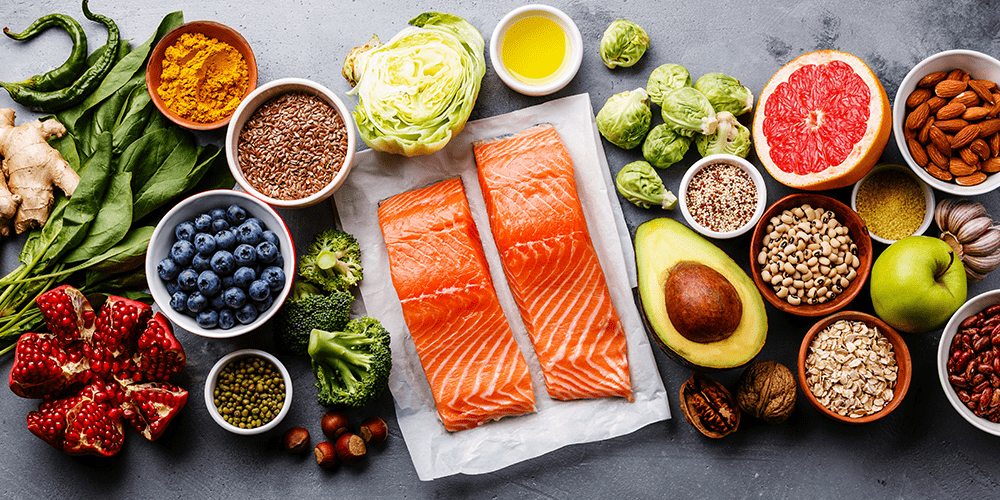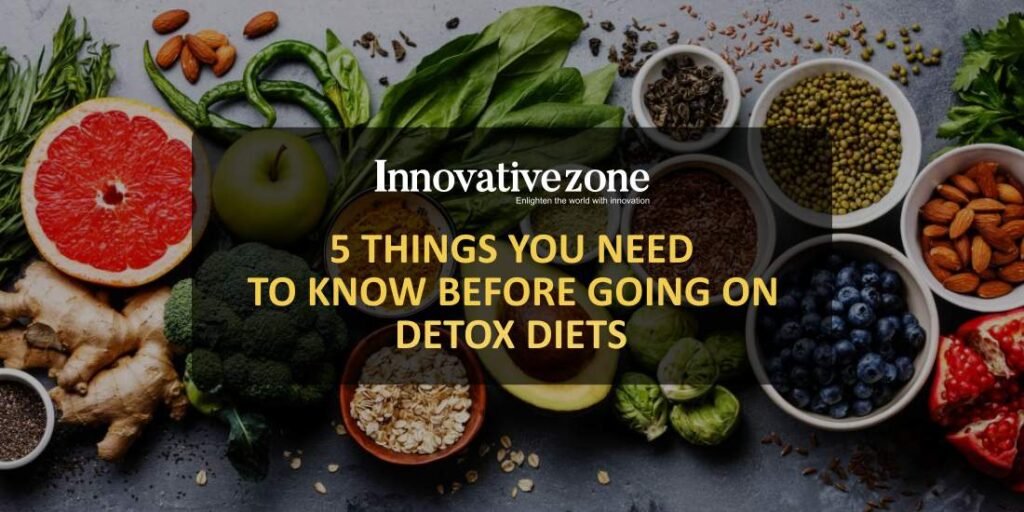5 Things you need to know before going on detox diets
Detox diets and Cleanses are the most followed diet plan by people. This generally short-term dietary intervention is designed to reduce toxins from your body. However, many have opposite opinions. There are views that no such thing as detoxification exists, which is just not true. Our body has systems and organs of detoxification, including the urinary system, liver system, lymphatic system, skin, and the instance.
Suboptimal detoxification is defined as health conditions and weight loss resistance. On the flip side, there are many who have been following detox diets for a long time. They have become very restrictive and can in themselves include nutrient deficiencies. It must be only done strategically and with monitoring.
What is the need for a detox diet?

As I said before, it is a short-term intervention to the systems or organ of detoxification, wherein your body can aid those to advance their function, such as promoting weight loss, improving mental clarity, digestion, and more. They often involve the use of laxatives, diuretics, vitamins, minerals, teas, and other food consumption, which have detoxing properties.
Throughout the detox diet course, which system you want to detoxify, you will need to prevent specific foods, including alcohol, caffeine, processed foods, salt, sugar, wheat 🌾, red meat 🥩, cheese, cream, oil, fats, and specific vegetables. The liver and the lymphatic system work fine with a fat-free diet. Specific vegetables or fruit consumption may be advised. On this diet plan, it is encouraged that you eat organic.
What should you consider with a detox diet?
Usually, a detox diet is followed under qualified nutritionists, who can understand the system and navigate how to manage nutrients necessity and any detoxification symptoms, that can occur.
#1. A detox diet is not a weight loss diet plan

A detox diet is not defined as a weight loss diet, and it should not be. Many detox diets do restrict calories, and when people start losing weight, they continue to follow the term for a long time. The weight loss that you experience as a benefit of a detox diet usually leads to loss of cellular fluids and emptying of glycogen stores from the liver.
Staying on this diet for a long time can impact muscles leading to loss of protein stores, and when you go back to normal diet eating, also regain the weight. It can root cause of the decline in basal metabolic rate and deterioration of health status. The diet is used to improve the function of detoxification systems, which can then strengthen your tendency to lose weight once you return to a regular diet.
#2. Do not start a detox diet because it is a fad or someone has told you so

Many people follow a detox diet because they think it is a fad, or someone (friend and family) have recommended to them, this should not be. Because your body type is different than others, and in such a case, it needs different approaches. You should find one who can direct you with what is needed for you specifically based on your signs, body type, and even lab makers.
Avoid beginning with a juice cleanse, which can be popular. However, there are a lot of people out there who need a detox diet cannot manage the blood sauger fluctuation that happens from a juice cleanse. Start the diet by just avoiding those foods which are hard to digest. Just giving your digestive system a little bit of break can be the best detox diet.
#3. Never ever do a detox diet as a purge for eating bad food

It happens quite often where people continually swing between binge drinking or eating and green juice cleanses. Some cleanses even use this as their marketing tool to advise that you can fix your weekend of binge drinking with a juice cleanse. It could be harmful and ineffective for your body. It can just end up hurting the system and making the health of the gut microbiome worse.
A detox diet basically reset the internal harmony and reduce the suboptimal detoxification organ of your body.
A Detox diet is not a way to the right course after overeating desserts or sweets in the festival. When you do that, it slowly triggers the mindset that you can eat anything and solve it with a cleanse, which increases the chance of eating disorders. This can also happen if you avoid eating specific foods for too long and, later, you get scared of eating them.
#4. Do a detox diet only when you are physically and mentally ready
To get ready for this diet, it takes a lot of preparation to put together foods based on specific intent and recommendations. Many people go on a detox diet enthusiastically, but later they give up in the middle of course, because it needs a different eating methodology. If you are preparing food for yourself, it would be great if you take a few days extra from the actual detox diet course to understand the food preparation, their ingredients, and plan how will you put them together.
If you are depending on someone, make sure he/she is on board. Many people also end up struggling because of the less food prep skills of the detox diet. It is also important to prepare mentally, being on Detox diets, you may feel angry, overwhelmed, or weepy. It basically triggers an emotional purging. So, you should know before going on the diet.
#5. Better to do a simple detox diet

You can follow a simple detox diet, such as avoiding alcohol, caffeine, fried food, and sugar. Implementing a more challenging detox diet ought to be under guidance. If you consider this diet as an unwanted fat reducer to support the liver, it must be done only short term. Keeping up a detox diet in long term can cause mental health issues, as our brain needs more fats.
Juice cleanses should be taken more than a day. If you have headaches or dizziness, your body probably has blood sugar imbalances, and a juice cleanse is not the place to start.
Conclusion
The key point to keep in mind is that the Detox diet is not meant to be followed for a long time and must be followed under guidance.


